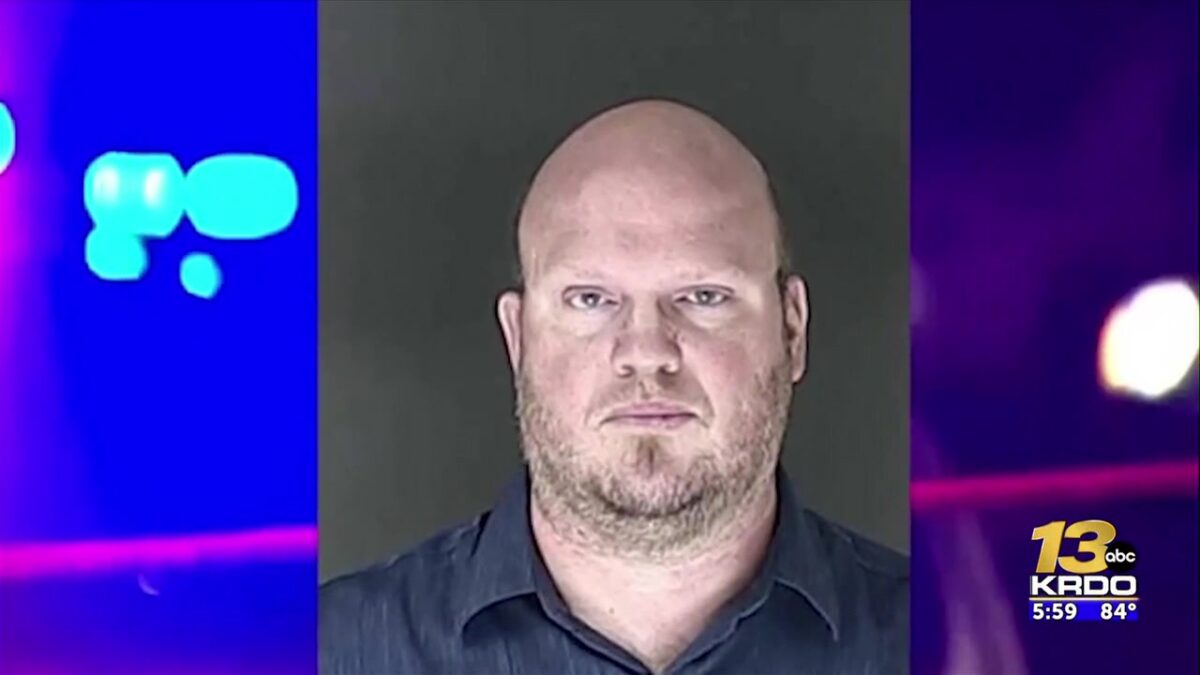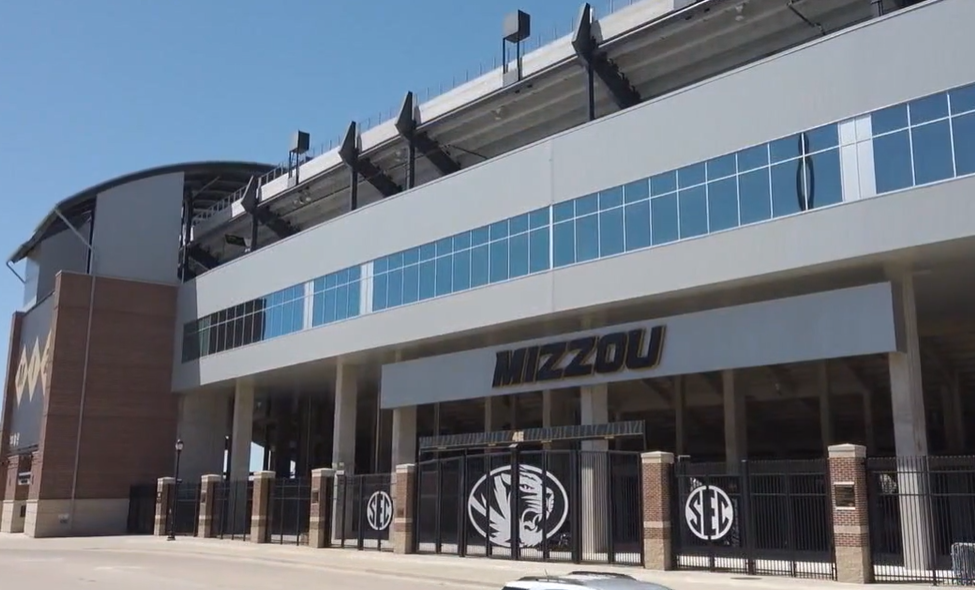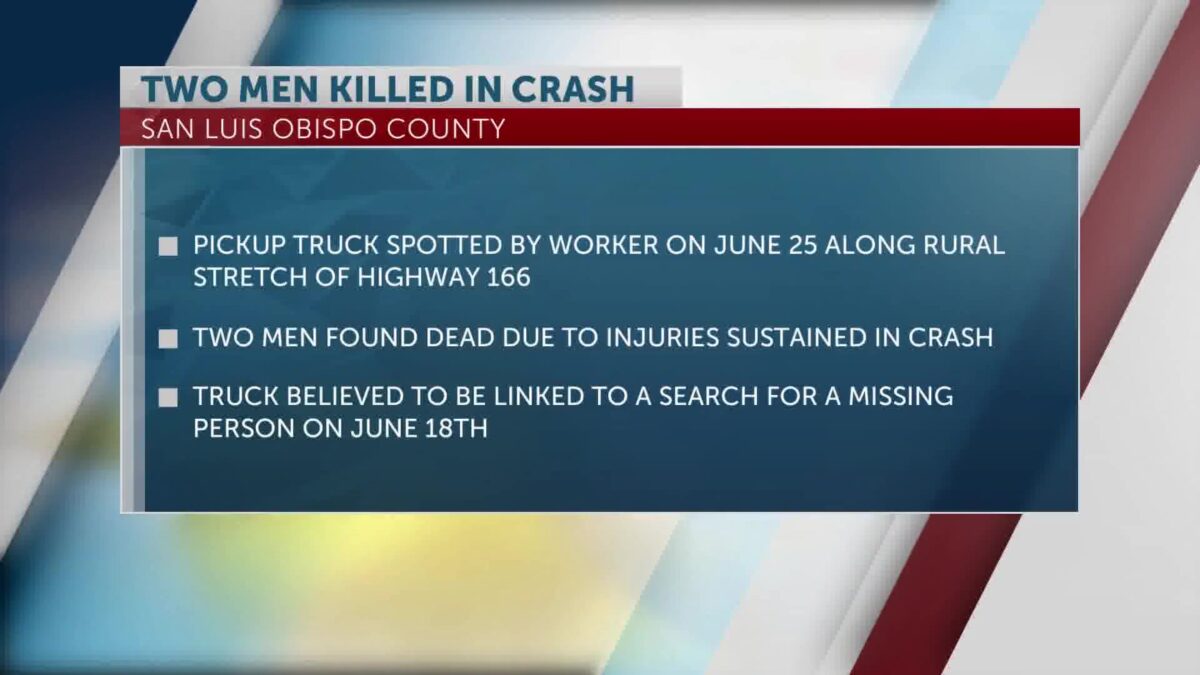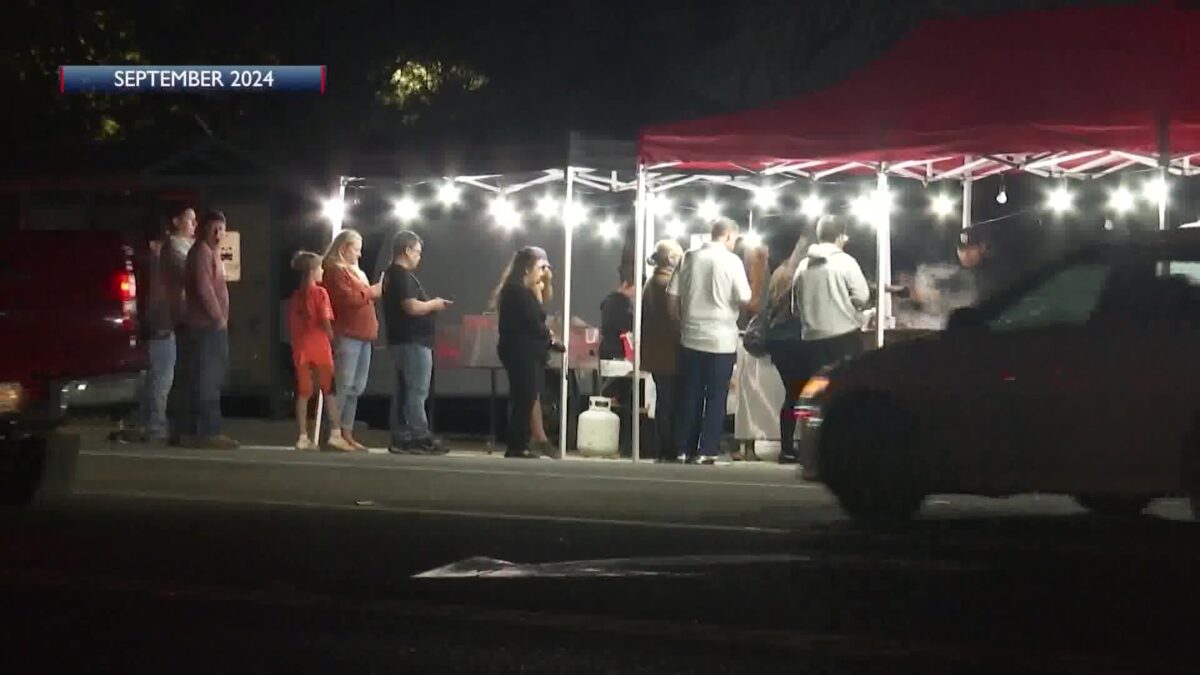Andrew Gillies
SANTA BARBARA COUNTY, Calif. – The 2024-2025 Santa Barbara County Grand Jury released a report Thursday about unpermitted food vendors finding that the mobile nature of the retailers and changes in enforcement at the state level have limited the options for local authorities to respond.
The Jury recommended that the County government allocate funds to hire inspectors who would partner with local law enforcement to improve inspection and enforcement efforts to protect both local consumers and permitted food vendors.
“In recent years, however, the presence of unpermitted street food vendors—push carts, food trucks, and tented restaurants—operating in Santa Barbara County has become widespread,” opened Thurday’s Grand Jury report. “Their unprecedented growth threatens not only the economic vitality of permitted restaurants and food trucks in the region, but, most importantly, the health of customers from sales of food prepared under potentially unsanitary conditions.”
The Santa Barbara County Grand Jury is an investigative body made up of local citizens that serve a one-year term and provide assessments and recommendations to local government agencies after their investigations.
You can find a catalogue of final reports and response back to 2011 on its website under the ‘Final Reports & Responses’ tab or visiting here.
Background
The California Retail Food Code outlines requirements that must be met to get a a health permit that must be displayed and visible to customers. You might recognize them as the letter grades you can see at any food retailer in the state.
State law requires that county public health departments ensure that food vendors follow those safety guidelines with in-person inspections expected to occur at least once per year or more frequently for retailers with previous violations or complaints.
In Santa Barbara County, the Environmental Health Services Division within the County of Santa Barbara Health Department is tasked with permitting food vendors and conducting regular inspections.
Cities in the county, such as Santa Barbara, have agreements with the county’s Environmental Health Services Division to enforce food safety laws within city limits meaning that the division is responsible for the entire county detailed the Grand Jury report.
While food safety permits are managed by the Environmental Health Services Division, food serving licenses in incorporated cities are issued by each city and for areas outside of city limits, this is done by the Santa Barbara County Tax Collector’s Office.
Cities and the county’s Tax Collector’s Office can issue citations or fines if vendors do not follow the requirements of their license, such as reporting sales for taxation purposes.
The Grand Jury limited its Thursday report to county-based authority and enforcement, but cities, through their authority over food serving licenses, can also play a part in determining a solution to potential health issues and impact on local businesses for unpermitted or unlicensed vendors.
Not all food vendors require permits to operate. Those that sell pre-packaged or non-perishable items are exempt from some health and safety requirements noted the report.
Food trucks and carts that are “involved in the preparation, storage, or service of food in a food facility [California Retail Food Code section 113790]”, even those that sell cut fruit or juices, must be permitted and all food handlers must have a food handlers card provided through an online course from the state.
The Santa Barbara County Grand Jury report highlighted two changes by the state’s legislature in the last seven years that have had an outsized impact on unpermitted food vending.
Senate Bill 946, signed into law in 2018, added Chapter 6.2 to Part 1 of the Division 1 of Title 5 of the California Government Code which limited the time, place, and type of restrictions a local authority can impose of sidewalk vendors of food or merchandise, including penalties that can be assessed.
As a result, food vending activities that were once misdemeanor offenses at the local level can only be punished with administrative citations, but those changes did not affect food safety laws nor the county’s ability to enforce them explained the Grand Jury report.
Senate Bill 972, signed into law in 2022, decriminalized the California Retail Food Code for employees, vendors, and operators of compact mobile food facilities who are conducting, “limited food preparation” as defined in California Retail Food Code section 113818 regarding some infractions including permit violations detailed Thursday’s report.
“While their consequences may have been unintended, SB 946 and SB 972 triggered a surge in unpermitted food vending operations across Santa Barbara County, reaching a scale that now posesa threat to public health and safety,” explained the Grand Jury report.
According to the Santa Barbara County Grand Jury report, those changes to state law did not exempt mobile food vendors from needing county health permits, but only two food cart vendors have applied for permits from the county as of March of 2025.
Impact
Food safety is an important public health priority.
The U.S. Centers for Disease Control and Prevention stated that every year, one in six people gets sick from food-borne illnesses and food-borne hospitalizations and deaths have more than doubled due to outbreaks of listeria, salmonella, and excherichia coli as well as notable increases in norovirus infections associated with unsafe food handling.
Thursday’s Grand Jury report shared that those reported numbers are likely much lower than actual food-borne infections as most people do not seek medical aid so it goes unreported and undocumented.
Data about disease transmissions from food vendors is not currently collected noted the Grand Jury report.
In March, Your News Channel covered discoveries made during inspections about unsanitary conditions at unpermitted mobile food vendors.

Other problems associated with unpermitted food vending that the report cited included unfair and illegal competition with licensed and properly permitted local food retailers as well as the illegal dumping of grease and other waste violates local fire codes, and traffic or parking violations have also been a concern during the investigation.
Your News Channel covered the growing concern from community members back in December which included the impact of unpermitted street vendors on city property, non-profit groups, and local business owners.

Administrative citations have not proven to be effective preventing unpermitted food vending concluded the Grand Jury report.
Issues cited in the report included difficulty identifying the owners who should be cited and refusals by employees to sign a civil citation.
The Grand Jury report also noted that financial penalties fail to serve as a deterrent.
First-time violations of the state’s Retail Food Code require the issuance of a warning, a fine for a second violation can not exceed $100 if the violation happened within one year of the first violation, a fine for a third violation can not exceed $200 within a year of the first violation, and a fourth violation fine -and any additional violations- within one year of the first violation can not be more than $500 per California Retail Food Code section 114368.8.
Few vendors pay fines that are levied or appear in court and vendors can simply move to a new location when inspectors have issued citations starting the violation fee scaling explained the Grand Jury report.
The Grand Jury report also shared that there are concerns for inspectors approaching mobile food vendors due to intimidation from customers and even when law enforcement agents accompany inspectors, that fact that some officers and deputies have been customers themselves is a form of functional validation.
Recommendations
“In recent years, however, the presence of unpermitted street food vendors—push carts, food trucks, and tented restaurants—operating in Santa Barbara County has become widespread,” stated the Santa Barbara County Grand Jury in its report. “Their unprecedented growth threatens not only the economic vitality of permitted restaurants and food trucks in the region, but, most importantly, the health of customers from sales of food prepared under potentially unsanitary conditions.”

Santa Barbara County currently employs three full-time inspectors and one part-time inspector which the Grand Jury report noted is inadequate for enforcement countywide.
The report noted that it was previously recommended that a task force of multiple agencies be created at the Santa Barbara County Association of Governments‘ meeting in October of 2024 and the Santa Barbara County Board of Supervisors‘ meeting in March of 2025.
During the March 2025 Board of Supervisors meeting, it was reported that since January of this year, Environmental Health Services Division inspectors have worked on weekends and after hours when mobile vendors are more commonly found which has incurred overtime pay.
Inspectors have issued 137 notices from January to March of this year and seized food that state law requires be kept for 30 days and in a condition that can be returned as it was received shared the Grand Jury report.
However, the County has already run out of refrigerated storage space for freezing seized foods and the Board of Supervisors voted to adopt a new comprehensive approach to enforcement through a multi-jurisdictional task force detailed the report.
According to the Grand Jury report, the County of Ventura’s ongoing 20-month pilot program which started in July of 2024 was an inspiration for the Santa Barbara County Board of Supervisors’ solution.
The Ventura County task force was provided a $1.7 million budget which was used to expand inspection teams to an additional nine inspectors and a full-time coordinator, cooperation with fire and law enforcement personnel during sweeps, and the confiscation and storage of unlawful trucks, carts, and equipment explained Thursday’s report.
The Grand Jury report noted that the number of vendors was reduced and food retailers could only retrieve the seized property after paying fines and registering with local agencies for health permits and business licenses.
“With no foreseeable relief to come at the state level, local authorities must devise their own effective enforcement solutions,” concluded the Grand Jury report. “While multi-jurisdictional task forces show promising results, they must encompass the full range of appropriate agencies, and funding for inspectors who focus specifically on food safety violations must be prioritized.
There is currently no tip line for reporting unpermitted mobile food retailers nor is there clear information on how to report those concerns on relevant county websites added the report. Thursday’s Grand Jury report Recommendation 2 was to create a tip line for the public to report violations by January of 2026.
Additionally, the Grand Jury report recommended that inspectors be accompanied by members of law enforcement when conducting inspections across every jurisdiction in the county by January of 2026.
Those recommendations legally require an official response from the Santa Barbara County Sheriff’s Office within 60 days and from the Santa Barbara County Board of Supervisors within 90 days.
Click here to follow the original article.











